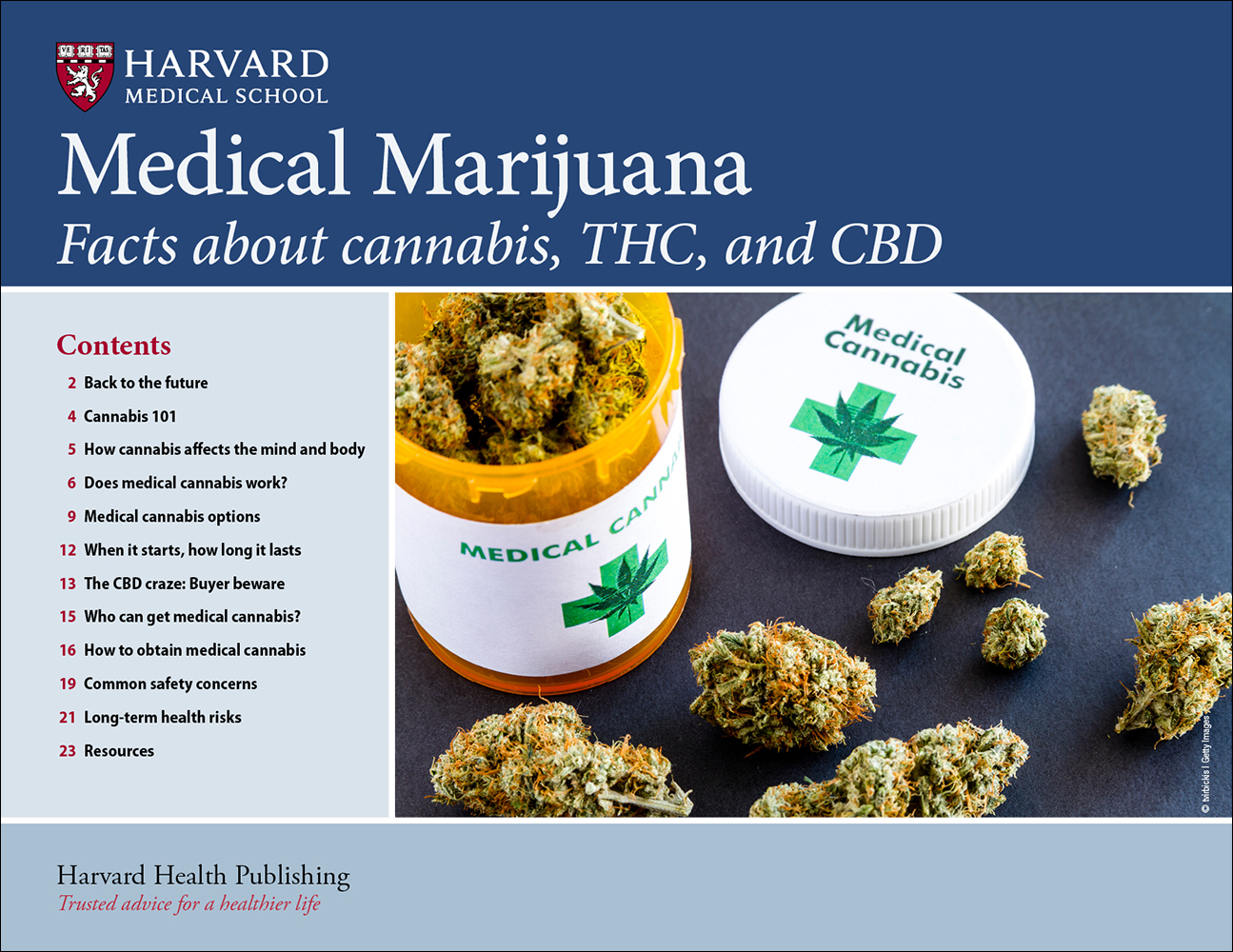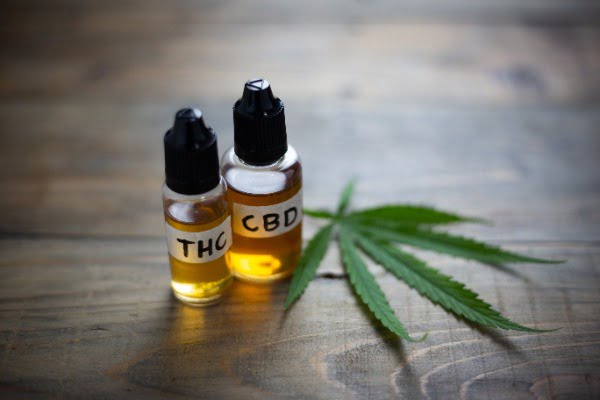
CBD oil has many benefits and is safe and legal to use in many countries around the world. It is made from industrial hemp and does not contain more THC than 0.3%. While it is legal to use in the U.S., it is illegal in some countries. These are some points to remember if you are concerned about the safety of this product before you purchase it.
PCR hemp Oil
PCR Hemp Oil is the latest buzzword for the cannabis industry. It is a brand of hemp oil that contains all the benefits of CBD from hemp without the high THC content. In addition, PCR hemp oil is much darker than other CBD oils and contains a wider variety of hemp plant components. In addition to CBD, PCR hemp oil also contains other cannabinoids, such as humulene and beta-caryophyllene.
An entourage effect which is a type a interaction synergy between the flavonoids, terpenes, cannabinoids and cannabinoids of the hemp plant is a major feature of PCR hemp seed oil. These compounds work together to increase their unique properties. PCR hemp is a natural supplement that contains all these compounds. It provides effective and natural relief for people suffering from various ailments.

While hemp-derived products may be legal in all 50 US states, it is not legal in all. Before you buy hemp-derived products, make sure to consult your local government. Moreover, it's essential to buy hemp-derived products from reputable sources to avoid scams. A third-party test report is also a must.
PCR hemp oil is full-spectrum CBD oil that's extracted from hemp seeds. It has a higher CBD content than regular CBD oil. It also contains flavonoids and Terpenes, which are compounds found in plants that can influence the human body. 0.3% THC is also found in PCR Hemp Oil.
PCR CBD oil
Broad spectrum CBD oil is a newer, more popular type of CBD oil. It is a blend of all the cannabinoids from cannabis, including CBD. But it doesn't contain THC. It also contains cannabinoids which increase the effects of CBD. The result is a product with a greater entourage.
Some companies make it a point not to include THC in their CBD oil products before they market them as broad-spectrum CBD oil. THC is eliminated during the refining process. However, remaining cannabinoids provide synergistic and beneficial effects. These cannabinoids give cannabis its flavor and aroma.

There are some differences in the methods used by manufacturers to extract ethanol and carbon dioxide. Ethanol extraction produces fewer chemical contaminants than CO2 extract. Flash chromatography can also remove THC from CBD. A broad spectrum tincture is a better option for those who are sensitive to THC.
It is important to ensure the highest quality ingredients and extraction method are checked before purchasing a CBD product. It's also important to read the ingredients' labels. Don't forget about checking the CBD content in the capsule. It is better if you start with a low dose and gradually increase it.
CBD oil has many benefits for your health. It is the ideal choice for people with low THC thresholds and people with other allergies to THC. It supports a healthy immune response.
FAQ
How much CBD do you need?
The type of product that you're buying determines how do you decide to do it.
CBD oils can be purchased in strengths of 100mg up to 1,000mg per bottle.
There are many companies that make CBD products in very specific dosages. For example, 25mg, 50mg or 75mg.
Charlotte's Web, for example, makes CBD products that contain precise amounts of CBD.
If you're unsure about CBD's effectiveness for you, you can try a lower dose.
It is possible to always go higher.
How can CBD products be promoted in a legal manner by CBD companies?
The FDA does NOT regulate hemp as an agriculture commodity. The Controlled Substances Act governs all other cannabis derivatives, such as marijuana. CBD is not covered by any regulations.
CBD is legal in 29 states. Federal law, however, still considers it illegal. This uncertainty is a problem for CBD-product sellers.
The FDA also maintains strict guidelines on how CBD products may be marketed. For example, they must clearly disclose any product's THC content. Without supporting scientific evidence, CBD cannot be claimed to treat certain medical conditions.
The FDA also requires manufacturers to provide detailed information about their manufacturing processes and quality control measures. To prove safety and effectiveness, they require that companies conduct clinical trials.
These factors should be considered by companies when they develop their marketing strategies.
What CBD products have the highest sales?
CBD products are everywhere these days. People are buying them for everything from anxiety to pain relief. The market is huge and growing fast.
But what are people buying CBD oil for? How does this impact you as a brand manager?
According to Statista CBD products are purchased for their relaxing properties. They are also being purchased for their anti-inflammatory properties.
This means that you can sell your product for both medicinal and recreational purposes if it has CBD and THC.
But what about brands which are focused on just one purpose? One example is CBD for stress relief.
Also, if a brand is focused on CBD for medical reasons, it will have large customers.
A brand must have a unique selling proposition (USP) if they want to appeal to recreational users. A USP basically refers to a unique selling point that sets a brand apart.
For example, some brands offer free shipping, while others offer discounts for bulk orders.
How big is the global CBD market?
Euromonitor International reported that the global CBD market was valued in 2015 at $US3.5 billion. This is more than 10% higher than 2014
This report predicts that the figure will rise to $US6.4 trillion by 2020, which is an average annual growth rate at 12%.
CBD products will make up around half of all products derived from hemp by 2020.
This includes CBD oils and other CBD products like food, beverages, cosmetics and pet care items.
Statistics
- HR −16 mmHg; 95% CI −26, −6; I2 = 92%) (ncbi.nlm.nih.gov)
- The use of these products is likely to become even more widespread if the World Health Organization's recommendation that CBD no longer is scheduled in the international drug control conventions is adopted by the United Nations member states [201]. (ncbi.nlm.nih.gov)
- however, one study also found that these effects were virtually abolished when the original media (a nutrient broth agar) was replaced with one containing 5% blood (increasing the minimum concentration to ~160 μM CBD) [179]. (ncbi.nlm.nih.gov)
- As a substance that was federally illegal before the passage of the 2018 Farm Bill, hemp-derived cannabinoids with no more than 0.3% THC still face a regulatory grey area. (forbes.com)
- A recent systematic review of human trials also reported that individuals with epilepsy receiving CBD (5–20 mg·kg−1·day−1) were more likely to experience decreased appetite than those receiving placebo (i.e., ~20 vs. 5% of patients) (ncbi.nlm.nih.gov)
External Links
How To
How to become certified for selling CBD products
CBD (cannabidiol), is one of hundreds of cannabinoids in cannabis plants. It has been used medicinally throughout history. This includes in South America, China, India and China. The ability to treat conditions such anxiety, pains, epilepsy, and inflammation has made CBD products extremely popular in recent times. The U.S. does not have an official certification program yet for CBD products. Therefore, anyone wanting to make a living selling CBD products must rely on their "unofficial" self-certification.
You have two options. The first option is to join a canna business association. This allows you to network with other owners and get advice and support. There are currently numerous associations all over the country. You can also go online and start your own business. The majority of states allow cannabusinesses to be online. If your state allows online canna-businesses, you can immediately set up a website and begin accepting orders. However, you must still register with your state's Department of Public Health. Once you have registered, your state's Department for Public Health will issue you a license. After receiving your license, you are legally allowed to open a store and start accepting orders.